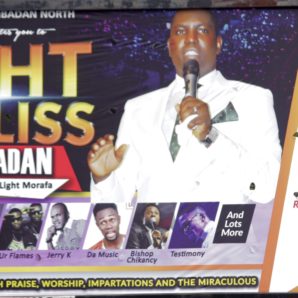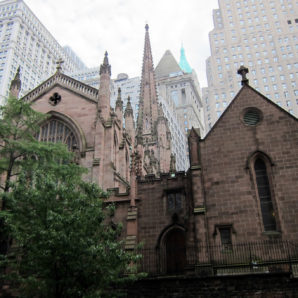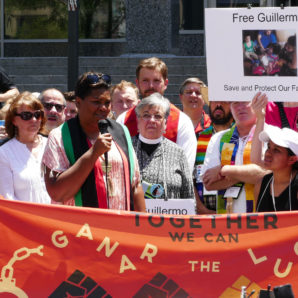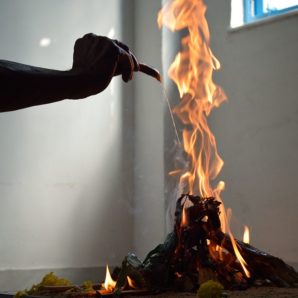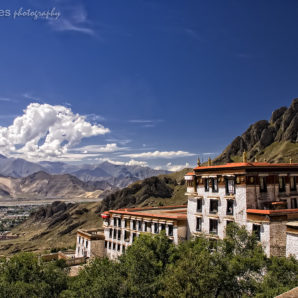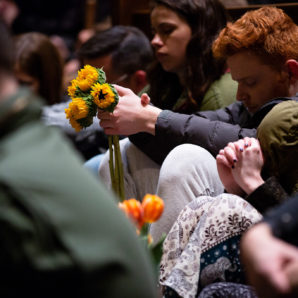
The Shabbat Massacre Is Not Merely About Religion
The Shabbat massacre is not only a hate crime. It is also the latest expression of racialized Christian construction of boundaries.
Read More →
The Shabbat massacre is not only a hate crime. It is also the latest expression of racialized Christian construction of boundaries.
Read More →
